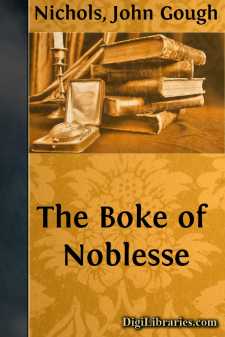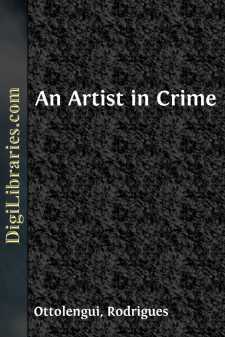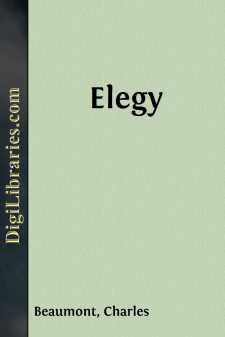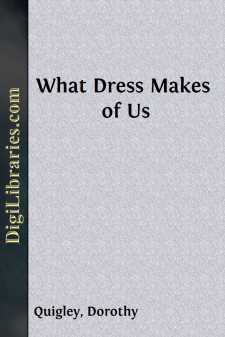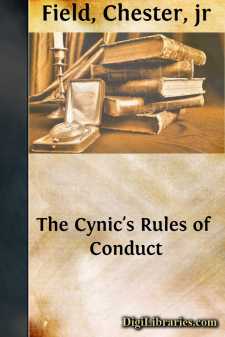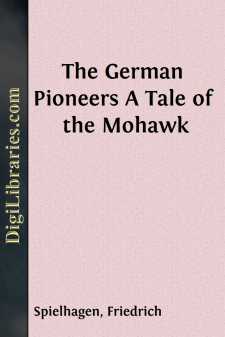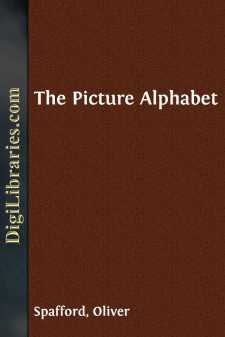Categories
- Antiques & Collectibles 13
- Architecture 36
- Art 48
- Bibles 22
- Biography & Autobiography 815
- Body, Mind & Spirit 144
- Business & Economics 28
- Children's Books 18
- Children's Fiction 14
- Computers 4
- Cooking 94
- Crafts & Hobbies 4
- Drama 346
- Education 58
- Family & Relationships 59
- Fiction 11834
- Games 19
- Gardening 17
- Health & Fitness 34
- History 1378
- House & Home 1
- Humor 147
- Juvenile Fiction 1873
- Juvenile Nonfiction 202
- Language Arts & Disciplines 89
- Law 16
- Literary Collections 686
- Literary Criticism 179
- Mathematics 13
- Medical 41
- Music 40
- Nature 179
- Non-Classifiable 1768
- Performing Arts 7
- Periodicals 1453
- Philosophy 65
- Photography 2
- Poetry 896
- Political Science 203
- Psychology 44
- Reference 154
- Religion 515
- Science 126
- Self-Help 85
- Social Science 83
- Sports & Recreation 34
- Study Aids 3
- Technology & Engineering 59
- Transportation 23
- Travel 463
- True Crime 29
Our website is made possible by displaying online advertisements to our visitors.
Please consider supporting us by disabling your ad blocker.
The Boke of Noblesse
Description:
Excerpt
INTRODUCTION.
The Book of Noblesse, which is now for the first time printed, was addressed to King Edward the Fourth for a political purpose, on a great and important occasion. He was in the midst of his second reign, living in high prosperity. He had subdued his domestic enemies. His Lancastrian rivals were no longer in existence, and the potent King-maker had fought his last field. Edward was the father of two sons; and had no immediate reason to dread either of his younger brothers, however unkind and treacherous we now know them to have been. He was the undisputed King of England, and, like his predecessors, the titular King of France. His brother-in-law the duke of Burgundy, who had befriended him in his exile in 1470, was continually urging, for his own ambitious views, that the English should renew their ancient enterprises in France; and Edward, notwithstanding his natural indolence, was at last prepared to carry his arms into that country. The project was popular with all those who were burning for military fame, indignant at the decay of the English name upon the continent, or desirous to improve their fortunes by the acquisitions of conquest. The Book of Noblesse was written to excite and inflame such sentiments and expectations.
Its unknown author was connected with those who had formerly profited by the occupation of the English provinces in France, and particularly with the celebrated sir John Fastolfe, knight of the Garter, whom the writer in several places mentions as "myne autor."
Sir John Fastolfe had survived the losses of his countrymen in France, and died at an advanced age in the year 1460. It seems not at all improbable that the substance of this book was written during his life-time, and that it was merely revised and augmented on the eve of Edward the Fourth's invasion of France. All the historical events which are mentioned in it date at least some five-and-twenty years before that expedition.
The author commences his composition by an acknowledgment, how necessary it is in the beginning of every good work, to implore the grace of God: and then introduces a definition of true nobility or Noblesse, in the words of "Kayus' son," as he designates the younger Pliny.
He next states that his work was suggested by the disgrace which the realm had sustained from the grievous loss of the kingdom of France, the duchies of Normandy, Gascony, and Guienne, and the counties of Maine and Ponthieu; which had been recovered by the French party, headed by Charles the Seventh, in the course of fifteen months, and chiefly during the year 1450. To inspire a just indignation of such a reverse, he recalls all the ancestral glories of the English nation, from their first original in the ancient blood of Troy, and through all the triumphs of the Saxons, Danes, Normans, and Angevyns. Of the Romans in England he says nothing, though in his subsequent pages he draws much from Roman history.
The next chapter sets forth how every man of worship in arms should resemble the lion in disposition, being eager, fierce, and courageous....


